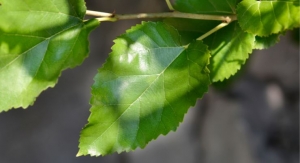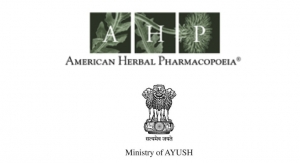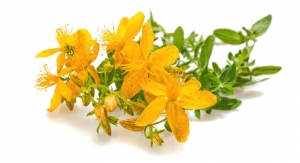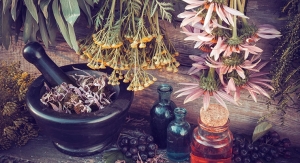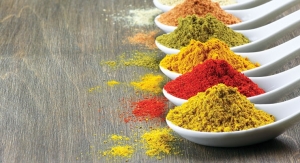09.30.16
Booth Q120
Reference standards, what are they and do you need them? As the herb and dietary supplement industry seeks to step up its testing game, the staff at Alkemist Labs insists that the complex details don’t need to be confusing. Experts from Alkemist Labs and Extrasynthese (Lyon, France) will be available at the Alkemist Booth Q120 to delve into all things reference standard and dispel any confusion.
Alkemist Labs also announced the availability of important new reference standards of tocopherols, tocotrienols, maqui berry anthocyanins and edelweiss phenylpropanoids, among others now available for order through its e-commerce website.
“Herbal reference standards are not used as consistently as they are in other industries, which creates vulnerabilities,” said René de Vaumas, CEO of Extrasynthese. “It makes sense to become proficient in using them now, particularly for those companies committed to compliance and to the highest quality products.”
“Reference Standards, used in the measurement of content or presence of the many phytochemicals contained in natural products, have direct impact on the ability to assess safety, quality and potency of raw materials and finished products,” said Elan Sudberg, CEO of Alkemist Labs. “Helping companies understand and incorporate reference standards as part of their increased commitment to valid, fit for purpose product testing is an important part of our educational commitment to the industry.”
Because herbal products contain many phytochemicals that are responsible for their activities, it is crucial to be able to measure the presence or content of these substances in herbal products in order to assess safety, quality and potency. Assessing the herbal products supply chain “traceability” and detecting adulteration are increasingly vital. To address these concerns, analytical methods have been developed using phytochemical standards to assist in the Quality Process.
Phytochemical standards are pure substances existing in and mostly derived from plants for which chemical structure has been determined and for which purity has been accurately measured. Made by extraction and/or chemical synthesis, they can be complex and fragile materials, so their production requires advanced skills in extraction, organic chemistry and purification techniques, primarily “preparative chromatography.”
After isolation, these purified substances need to be accurately qualified in order to be used as “standards,” using specific analytical techniques to verify their identity and determine their absolute purity and the content of “by-products” like water, solvents or inorganic material. Good science and rigor in analysis are mandatory at this step.
Reference standards, what are they and do you need them? As the herb and dietary supplement industry seeks to step up its testing game, the staff at Alkemist Labs insists that the complex details don’t need to be confusing. Experts from Alkemist Labs and Extrasynthese (Lyon, France) will be available at the Alkemist Booth Q120 to delve into all things reference standard and dispel any confusion.
Alkemist Labs also announced the availability of important new reference standards of tocopherols, tocotrienols, maqui berry anthocyanins and edelweiss phenylpropanoids, among others now available for order through its e-commerce website.
“Herbal reference standards are not used as consistently as they are in other industries, which creates vulnerabilities,” said René de Vaumas, CEO of Extrasynthese. “It makes sense to become proficient in using them now, particularly for those companies committed to compliance and to the highest quality products.”
“Reference Standards, used in the measurement of content or presence of the many phytochemicals contained in natural products, have direct impact on the ability to assess safety, quality and potency of raw materials and finished products,” said Elan Sudberg, CEO of Alkemist Labs. “Helping companies understand and incorporate reference standards as part of their increased commitment to valid, fit for purpose product testing is an important part of our educational commitment to the industry.”
Because herbal products contain many phytochemicals that are responsible for their activities, it is crucial to be able to measure the presence or content of these substances in herbal products in order to assess safety, quality and potency. Assessing the herbal products supply chain “traceability” and detecting adulteration are increasingly vital. To address these concerns, analytical methods have been developed using phytochemical standards to assist in the Quality Process.
Phytochemical standards are pure substances existing in and mostly derived from plants for which chemical structure has been determined and for which purity has been accurately measured. Made by extraction and/or chemical synthesis, they can be complex and fragile materials, so their production requires advanced skills in extraction, organic chemistry and purification techniques, primarily “preparative chromatography.”
After isolation, these purified substances need to be accurately qualified in order to be used as “standards,” using specific analytical techniques to verify their identity and determine their absolute purity and the content of “by-products” like water, solvents or inorganic material. Good science and rigor in analysis are mandatory at this step.



